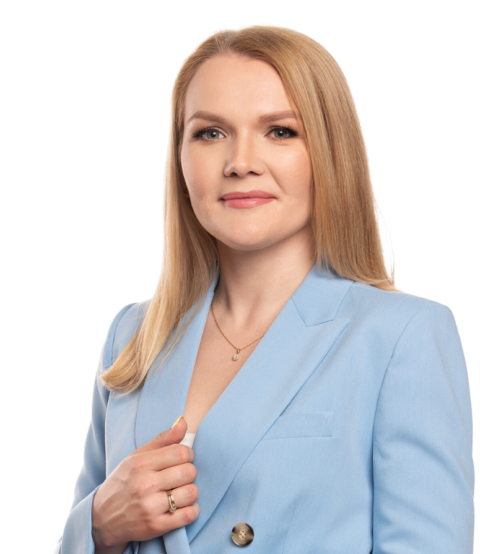ABC of Family Foundation – Part III – the funder
In our series ‘ABC of Family Foundation’, we have so far presented the general principles regarding a family foundation [read here] and touched on the establishment of a family foundation [read here].
As we mentioned in the article on the topic of the establishment of a family foundation, in order for it to come into being, the idea must first be born in the mind of the future founder. Thus, the founder is the person who gives rise to the family foundation.
The founder of a family foundation can only be an individual with full legal capacity. The restriction of the group of individuals who can be founders to natural persons is due to the role to be performed by the family foundation,that is to manage the assets once belonging to the individual and to fulfil selected private goals.
In order for an individual to become a founder, he or she must first declare the establishment of a family foundation in either a deed or a will.
Importantly, a family foundation can be established by more than one funder. However, this does not apply in the case of the establishment of a family foundation in a will, in which case there can only be one founder.
The role and influence of the founder on the family foundation depends on the individual decisions of the founder and his or her will.
The funder’s rights and obligations are non-transferable. This does not mean, however, that a funder cannot entrust the exercise of its powers to another person. The law is clear that he or she may do so in the articles of association, specifying the scope of that delegation. However, entrusting the powers to another person will not make that person a funder. The adopted solution is necessary in the event of a possible incapacity of the founder to carry out certain tasks personally, by way of illustration due to illness or unwillingness to continue to engage in the daily activities of the family foundation. However, as already mentioned above, the person named in the statute does not become a founder on this account.
As a general rule, once a family foundation is established, the role of the founder in selected aspects is exhausted and, upon his/her death, definitively ends. This means that in the event of the founder’s death, this ‘function’ will not be transferred to his or her successors in title.
If a family foundation has more than one founder, they shall exercise the rights and duties of the founder jointly, unless the articles of association provide otherwise. If a family foundation is established by more than one founder, they may set rules in the articles of association for the exercise of their rights and duties, for instance by entrusting their exercise to one of the founders or to some of the founders. However, unless otherwise stipulated, they should exercise their rights and duties jointly, and a change in the beneficiary or his/her powers, will be allowed with the consent of the other founders.
Authors
related posts
Can the contribution of shares in the form of a contribution in kind be treated as a disposal of shares benefiting from the CIT exemption for income of alternative investment companies (in Poland called: “ASI”)?
Can the contribution of shares in the form of a contribution in kind be treated as a disposal of shares benefiting from the CIT exemption for income of alternative investment companies (in Poland called: “ASI”)?Income of a Polish family foundation from its participation in a Luxembourg-based Societe en commandite speciale (“SCSp”) vs. CIT exemption.
Income of a Polish family foundation from its participation in a Luxembourg-based Societe en commandite speciale (“SCSp”) vs. CIT exemption.

